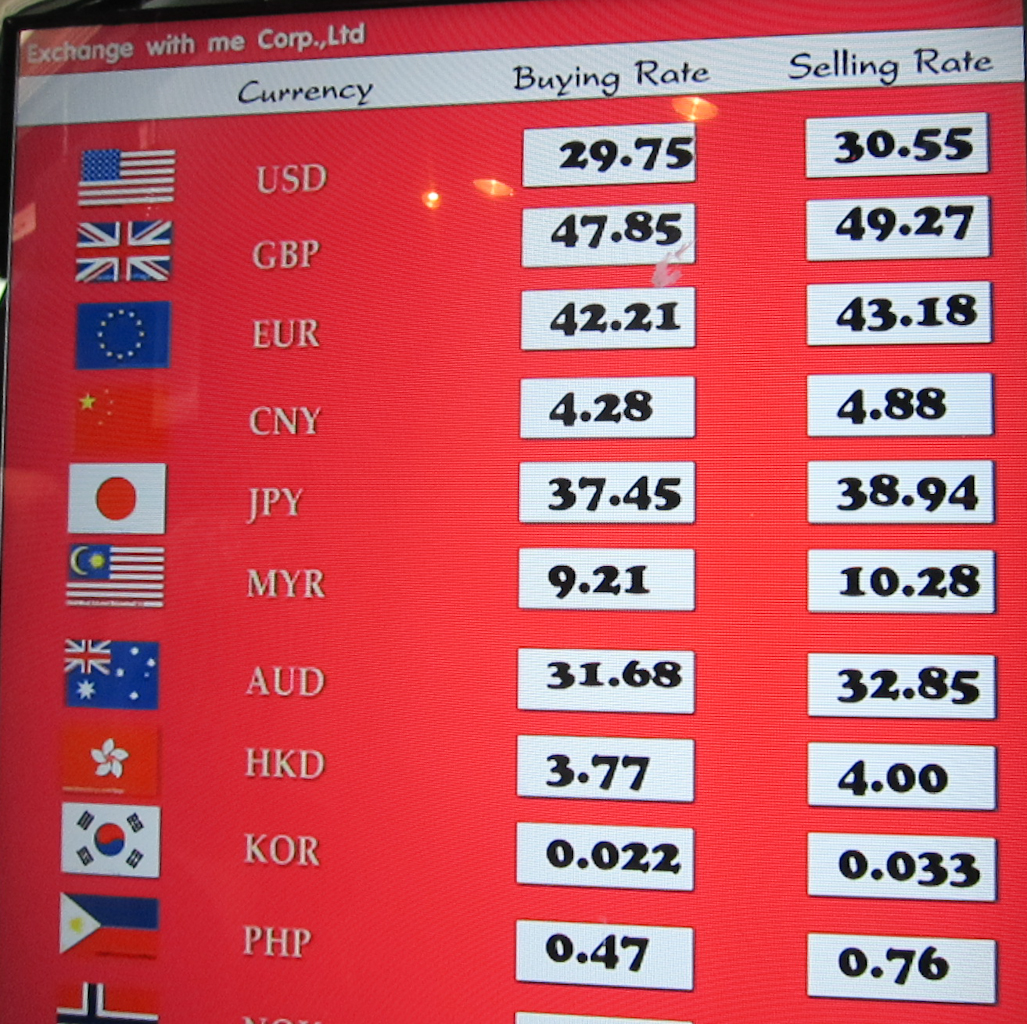We’d like to remind Forumites to please avoid political debate on the Forum.
This is to keep it a safe and useful space for MoneySaving discussions. Threads that are – or become – political in nature may be removed in line with the Forum’s rules. Thank you for your understanding.
📨 Have you signed up to the Forum's new Email Digest yet? Get a selection of trending threads sent straight to your inbox daily, weekly or monthly!
MSE News: Practical maths courses to be offered to students
Comments
-
This stuff is all still in the GCSE. I think MSE have misrepresented what Core Maths is about.
I've just found some sample questions, typical of what you could expect to find in the new Core Maths paper.
1. A car travelled 100 metres in 9.63 seconds. On a second occasion it travelled 200 metres in 19.32 seconds. Which distance had the greater average speed?
a) 100m
b) 200m
c) exactly the same
2. The probability of a ticket winning the jackpot in the national lottery is 1 in 14 million. 32 million tickets are sold each week. How many jackpot winners, on average, would you expect in a week?
a) 0
b) 2
c) 20
d) 2 million
3. The following information is displayed at a bank in England.
There is no additional commission or fees
How much will 200 Euros cost a customer in pounds?
a) £152.67
b) £175.44
c) £262
d) £228
Come on! Are people really getting grade C or above in GCSE maths without being able to answer these questions correctly? :eek:
I don't think they would have let me out of junior school if I couldn't have answered these correctly (and I doubt we would have been offered multiple choice answers either!), let alone into sixth form.
Edit: It would appear most of the source of the MSE article comes from the gov.uk website, if via the PA credited in the article.0 -
Come on! Are people really getting grade C or above in GCSE maths without being able to answer these questions correctly? :eek:
1. Your logic doesn't necessarily follow (there have been no statements that there is no overlap between CM and GCSE).
2. Yes, you can get a C and still be pretty weak. Further study is no bad thing.0 -
This stuff is all still in the GCSE. I think MSE have misrepresented what Core Maths is about.
I think that the point being made is that these mathematical functions were taught much earlier than GCSE level these days. I can certainly remember learning how to calculate both simple and compound interest (obviously without calculators) at the age of about 12/13.0 -
missbiggles1 wrote: »I think that the point being made is that these mathematical functions were taught much earlier than GCSE level these days. I can certainly remember learning how to calculate both simple and compound interest (obviously without calculators) at the age of about 12/13.
I was nearer 14/15 when I was taught those things.Sealed pot challenge #232. Gold stars from Sue-UU - :staradmin :staradmin £75.29 banked
50p saver #40 £20 banked
Virtual sealed pot #178 £80.250 -
missbiggles1 wrote: »I think that the point being made is that these mathematical functions were taught much earlier than GCSE level these days. I can certainly remember learning how to calculate both simple and compound interest (obviously without calculators) at the age of about 12/13.
I still teach them around 12-14 now, so nothing has changed.
Topics on the GCSE papers are not taught solely between the ages of 14 and 16 - adding fractions is one example.0 -
When I did A level maths, it was 6 modules per A level, and there was Pure 1-6, Stats 1-6 and Mechanics 1-6, increasing in difficulty as the numbers rose.
This stuff doesn't sound like it's anywhere near as difficult as even the '1' level on the modules I did. And therefore I'd be surprised if the full course was as difficult as completing three modules of A level maths. So I'd hope it doesn't really count as much as an AS-level, and I especially hope you can't do it as some freebie UCAS points if you're already doing A-level maths!0 -
...
Come on! Are people really getting grade C or above in GCSE maths without being able to answer these questions correctly? :eek:
Question 3 is the most difficult on the basis that it requires some knowledge outside of maths:
- the exchange is selling, the person is buying, so the rate to use is the "Sell at" rate
- the rate indicated is the number of Euros obtained in exchange for one pound
By comparison this exchange in Thailand is using the rate in terms of how many baht are needed for one dollar (the reverse case): 0
0 -
some knowledge outside maths being the difference between buy and sell. 5 year old's play shop.0
-
-
Come on! Are people really getting grade C or above in GCSE maths without being able to answer these questions correctly? :eek:
The grade boundary to achieve a C grade in this Summer's Edexcel Higher Level Maths GCSE was only 32.5%!
So, yes, get twice as many bits wrong as you get right and you still get a C!0
This discussion has been closed.
Confirm your email address to Create Threads and Reply

Categories
- All Categories
- 352.9K Banking & Borrowing
- 253.9K Reduce Debt & Boost Income
- 454.7K Spending & Discounts
- 246K Work, Benefits & Business
- 602.1K Mortgages, Homes & Bills
- 177.8K Life & Family
- 259.9K Travel & Transport
- 1.5M Hobbies & Leisure
- 16K Discuss & Feedback
- 37.7K Read-Only Boards




